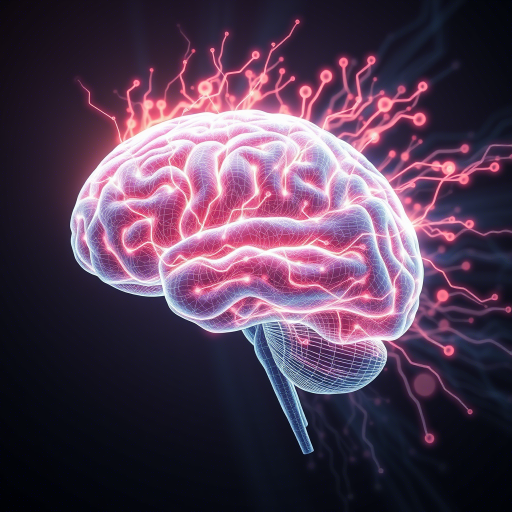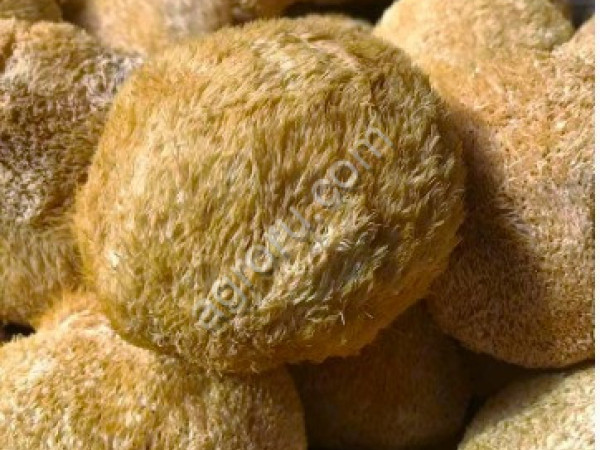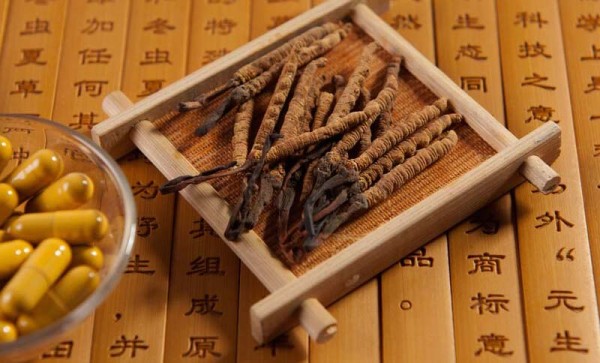
Improved brain function
In Japanese men and women aged 50 to 80 years with mild cognitive impairment, cognitive function was improved when taking crested hedgehog. However, there was a decline in cognitive performance again after discontinuation of treatment.
Alzheimer’s disease
Hedgehog has anti-dementia activity in a mouse model of Alzheimer’s disease and in humans with mild cognitive impairment.
Levels of acetylcholine (ACh), a chemical that helps nerve cells communicate, typically decline with age. However, in diseases such as Alzheimer’s, acetylcholine levels can drop by as much as 90 percent. Many of the medications currently used to treat this disease work to increase acetylcholine levels.
Hedgehog improved cognitive function and the function of the brain’s cholinergic system. It increased concentrations of both acetylcholine and choline acetyltransferase (ChAT, the enzyme that produces acetylcholine) in the blood and in the hypothalamus.
Hedgehog components have been shown to protect neurons from amyloid beta-induced neurotoxicity.
Mood
In a four-week study, menopausal symptoms such as loss of concentration, irritability, palpitations, and anxiety were significantly reduced by treatment with hedgerow extract. This symptom relief also improved sleep quality.
Nerve Tissue Regeneration
Lion’s mane enhanced the growth and regeneration of nerve tissue in animal models, both in the brain and the rest of the body.
Lion’s mane also promotes nerve regeneration after limb injury in rats.
In a cell culture study, hedgerow promoted the production of nerve growth factor (NGF).

Immunity
Compounds found in hedgehog mushroom improved immune function in mice. A polysaccharide from the mushroom enhanced cellular and humoral immunity; the authors hypothesized that the polysaccharide may regulate the activity of immune cells in the intestinal wall.
Polysaccharides from lion’s mane also increased T-cell and macrophage levels and appeared to promote antitumor activity of the immune system in mice.
Bacterial infection
Lion’s mane may support an antibacterial immune response. In mice infected with a lethal dose of Salmonella typhimurium, lion’s mane prolonged life and protected against liver damage.
Researchers have yet to conduct clinical trials examining the effects of lion’s mane on the human immune system.
Oncology:
As early as 1992, studies showed that components of hedgehog showed anti-tumor activity in animal studies. These components increase longevity and reduce mortality in animals.
Hedgehog activates Th1, which is important for fighting tumors.
Hedgehog polysaccharides also activate macrophages, which are involved in defense against tumor cells.
Hedgehog suppresses blood supply to cancer cells and migration of tumor cells to other organs (metastasis). In mice, hedgehog extracts caused cancer cell death and suppressed metastasis to the lungs.
Researchers are currently studying the effects of Hedgehog on several specific types of cancer cells, including:
- Leukemia (blood cancer)
- Liver cancer
- Colorectal cancer
- Stomach cancer
- Breast cancer
Doses of hedgerow use: 1,000 to 4,000 g of aqueous extract. Take 1 to 4 capsules twice daily in the morning and evening on an empty stomach.







